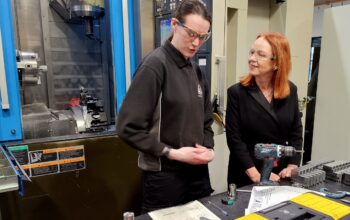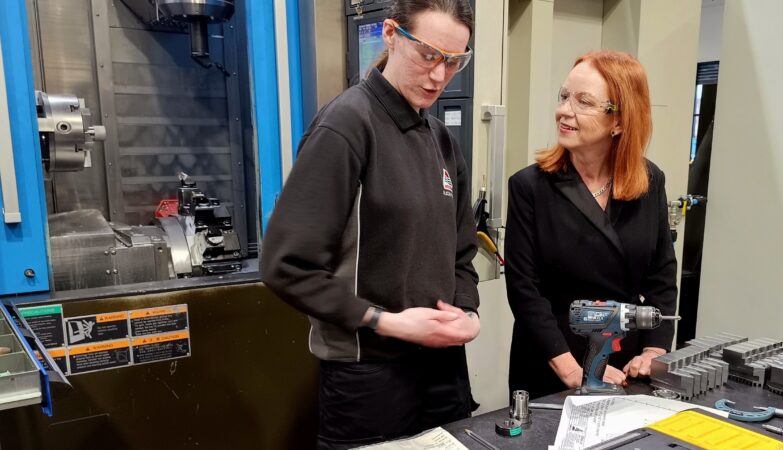 Leading online Canadian children’s health information provider, AboutKidsHealth.ca, reports that a study shows that kids perform better in science when taught how to think and act as scientists.
Leading online Canadian children’s health information provider, AboutKidsHealth.ca, reports that a study shows that kids perform better in science when taught how to think and act as scientists.
The three-year project research project, led by The University of Nottingham and The Open University, has shown that students who took the lead in investigating science topics of interest to them gained an understanding of good scientific practice.
Students, aged 11 to 14 at two UK schools, were given a new computer toolkit named nQuire, to run on their mobile devices and laptops. The program guides students through the process of devising and planning scientific experiments, collecting and analyzing data, and discussing the results. Given wide themes for investigation, the students were allowed to choose their own subjects of inquiry.
“Mobile devices such as smartphones and netbooks are sophisticated scientific instruments, with built-in cameras, voice recorders, and location sensors. The children quickly learned how to use the nQuire toolkit to follow investigations,” said Professor Mike Sharples, who led the project at Nottingham. “The results from the trials we conducted showed a positive effect on learning outcomes, a maintained enjoyment of science lessons and a small but genuine improvement in pupils’ understanding of the scientific process.”
The flexible nature of the toolkit meant that children could become “science investigators”, starting an inquiry in the classroom then collecting data in the playground, at a local nature reserve, or even at home, then sharing and analyzing their findings back in class.
“Teaching doesn’t have to be confined to the classroom and in fact, as our research shows, can be much more effective when it’s allowed to extend beyond the typical learning environment,” said Professor Eileen Scanlon, Associate Director (Research & Scholarship), who led the project at The Open University. “The tool this project has produced enables teachers to construct the kind of support pupils need to really engage with a subject area. Using mobile devices gave the pupils support wherever they were, which is an important element of learning.”
The nQuire software is available to teachers and schools as an Open Source application, available for free download at www.nquire.org.uk and can by run on many platforms.
Originally written by:
ScienceDaily
The University of Nottingham
The Open University
Please visit http://www.aboutkidshealth.ca/En/News/NewsAndFeatures/Pages/Students-spurred-on-to-scientific-thinking-with-technology.aspx to read the original article, or AboutKidsHealth.ca for additional education and children’s health resources.
AboutKidsHealth.ca
AboutKidsHealth.ca is the leading Canadian online source for trusted child health information, and has a scope and scale that is unique in the world. Developed by SickKids Learning Institute in collaboration with over 300 paediatric health specialists, the site provides parents, children, and community health care providers with evidence-based information about everyday parenting information, health and complex medical conditions, from raising bilingual children to teaching science. AboutKidsHealth.ca adheres to rigorous quality standards for the creation and review of health information.
Visit www.aboutkidshealth.ca to find out more.
For more information, please contact:
Sue Mackay, Communications
mailto:susan.mackay@sickkids.ca
The Hospital for Sick Children
555 University Avenue
Toronto, Ontario
M5G 1X8
Canada
Tel: 416-813-5165







